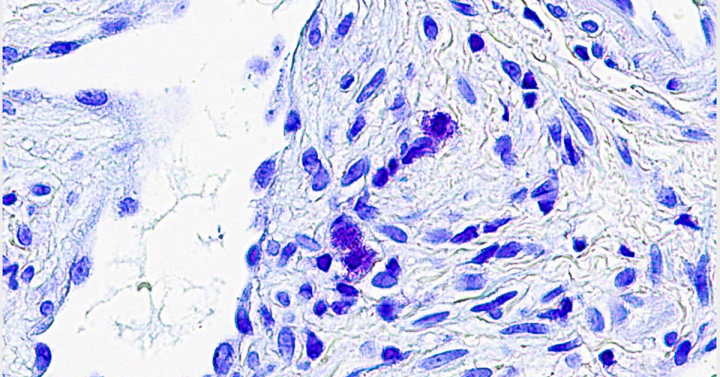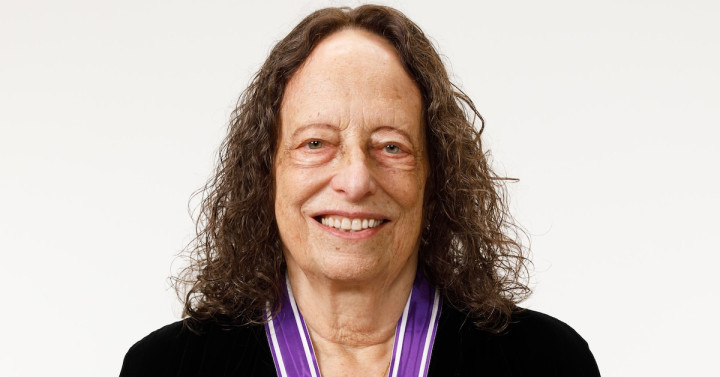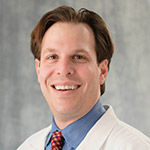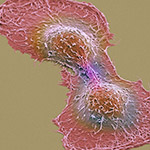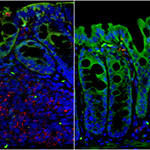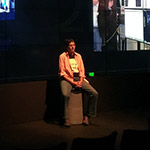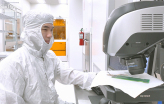New At-Risk Group Identified for Gastrointestinal Stromal Tumors
Health & BehaviorResearchers at the University of California, San Diego School of Medicine have, for the first time, clearly defined the epidemiology of gastrointestinal stromal tumors (GIST), which occur primarily in the lining of the stomach and small intestine. One key finding: Patients of Asian descent, who have not previously been identified as an at-risk population, are 1.5 times more likely than other patient groups to be diagnosed with this type of tumor.
